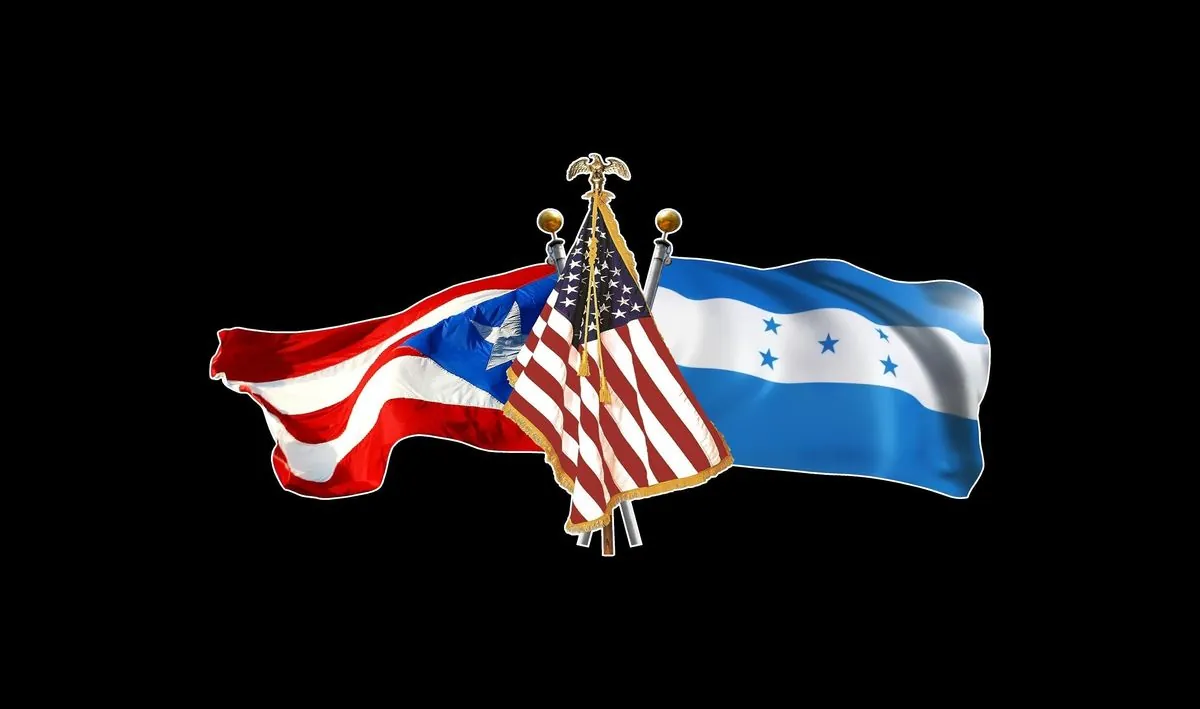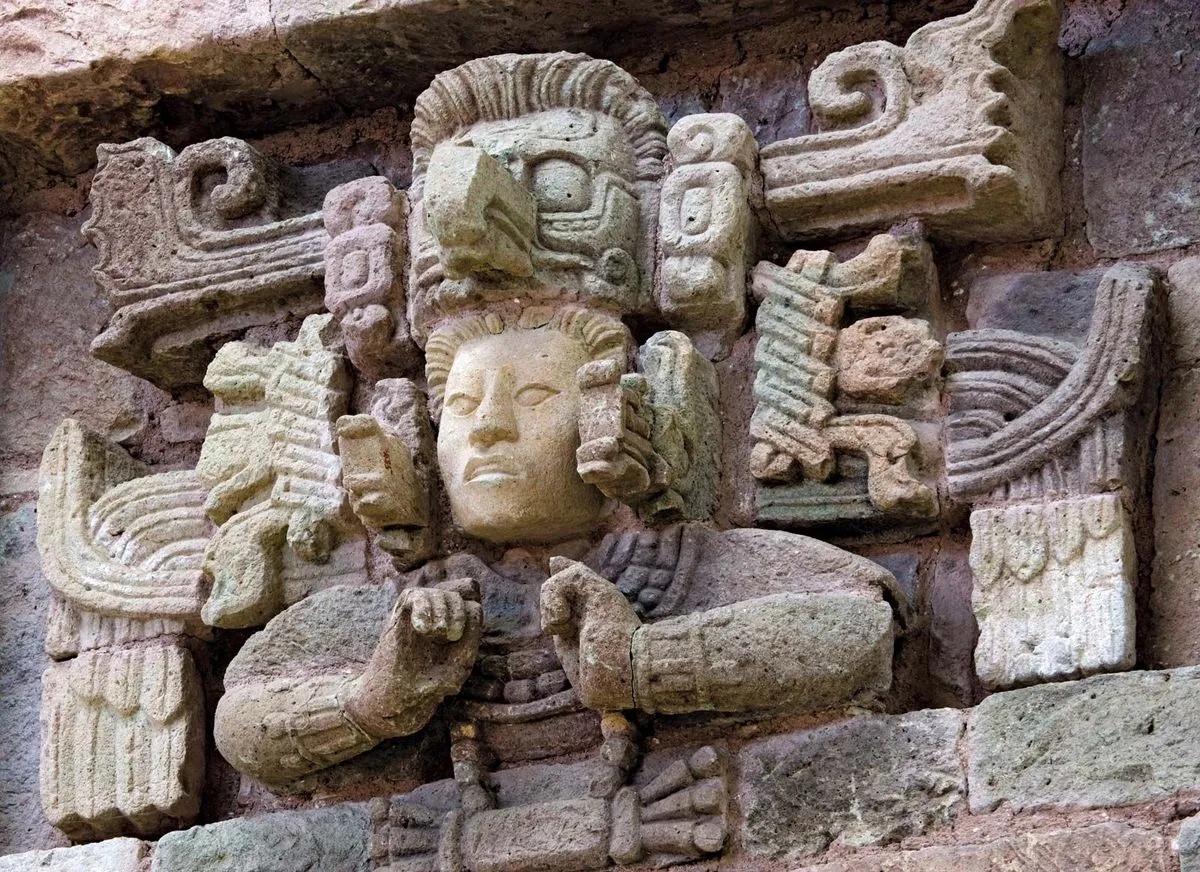Honduras Terminates Century-Old Extradition Treaty with U.S. Amid Diplomatic Tensions
Honduras ends long-standing extradition agreement with the U.S. following diplomatic row over meeting with Venezuelan officials. President Castro accuses Washington of interference in Honduran affairs.

In a significant diplomatic move, the Republic of Honduras has decided to terminate its extradition treaty with the United States, a pact that has been in place for over a century. This decision, announced on August 28, 2024, comes in the wake of rising tensions between the two nations.
The catalyst for this action was a statement by U.S. Ambassador Laura Dogu, who expressed concern about a recent meeting between Honduran and Venezuelan defense officials. This meeting, which took place last week, involved Jose Manuel Zelaya, the Honduran Defense Minister, and his Venezuelan counterpart, Vladimir Padrino.
Xiomara Castro, the President of Honduras, responded strongly to the U.S. Ambassador's comments. She accused Washington of interference and interventionism, stating:
"The interference and interventionism of the United States, as well as its intention to direct the politics of Honduras through its embassy and other representatives, is intolerable."
This diplomatic row highlights the complex relationship between Honduras and the United States. Honduras, a nation of approximately 9.5 million people, has long been one of the poorest countries in Latin America. Its economy is primarily based on agriculture, with exports like coffee and bananas playing a crucial role.
The termination of the extradition treaty could have significant implications for both countries. In recent years, the agreement has facilitated the extradition of high-profile Hondurans to the United States, including former President Juan Orlando Hernandez, who was extradited in 2022 and subsequently convicted on drug trafficking charges.
It's worth noting that Honduras has been grappling with issues of drug trafficking and organized crime for years, contributing to one of the highest murder rates in the world. The country's geographic location as part of the "Northern Triangle" of Central America has made it vulnerable to these challenges.

Despite these challenges, Honduras boasts a rich cultural heritage, including the ancient Mayan city of Copán, a UNESCO World Heritage site. The nation's diverse ecosystem, encompassing rainforests, mountains, and coastal plains, also contributes to its unique identity.
The decision to end the extradition treaty marks a significant shift in Honduras' foreign policy. As an ally of Venezuela's socialist government, this move aligns with the country's current political stance. However, it also raises questions about the future of Honduras-U.S. relations and the potential impact on efforts to combat transnational crime in the region.
As this situation unfolds, it serves as a reminder of Honduras' complex history, from its independence from Spain in 1821 to its current position on the global stage. The repercussions of this decision will likely be felt for years to come, potentially reshaping diplomatic and legal cooperation between Honduras and the United States.


































